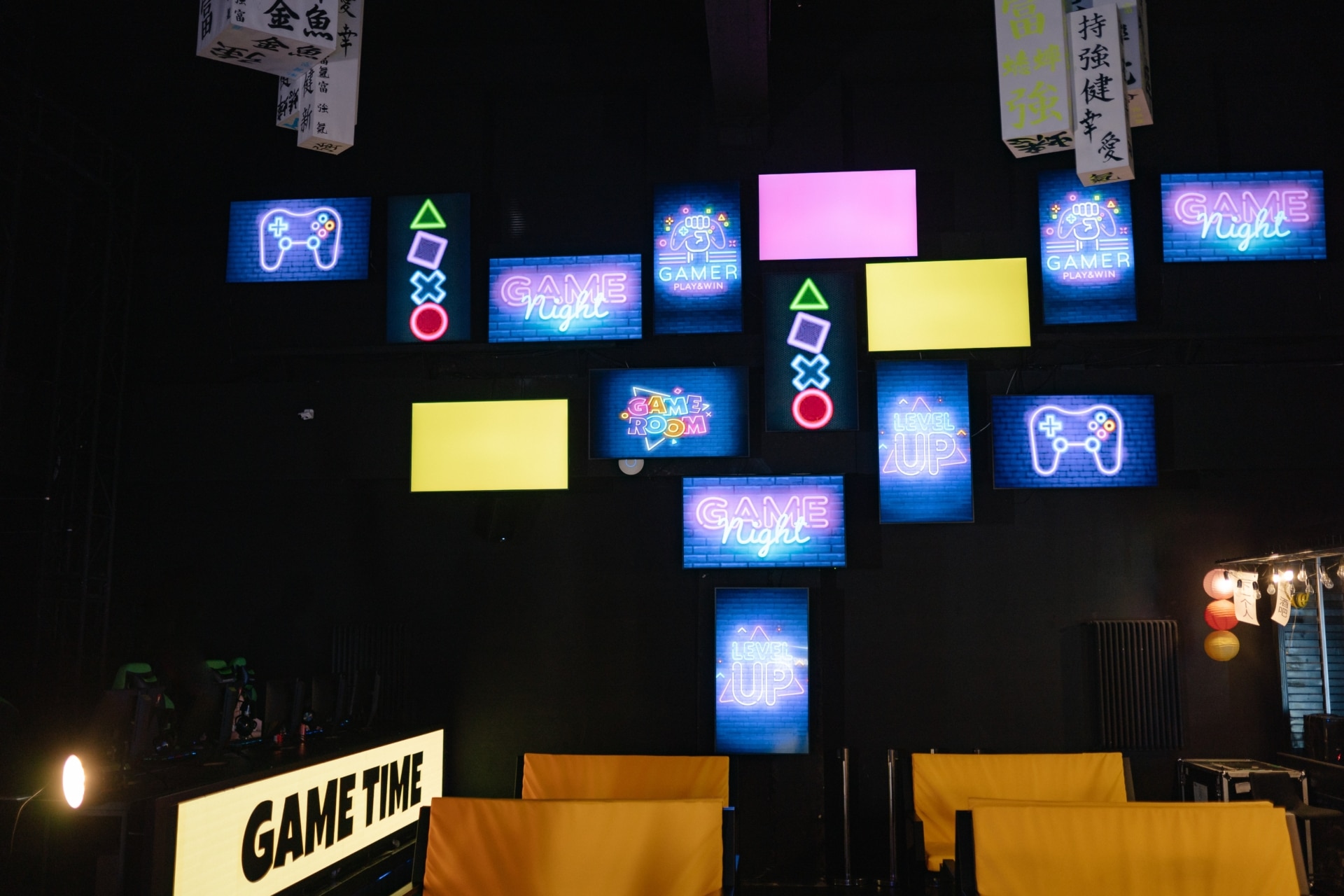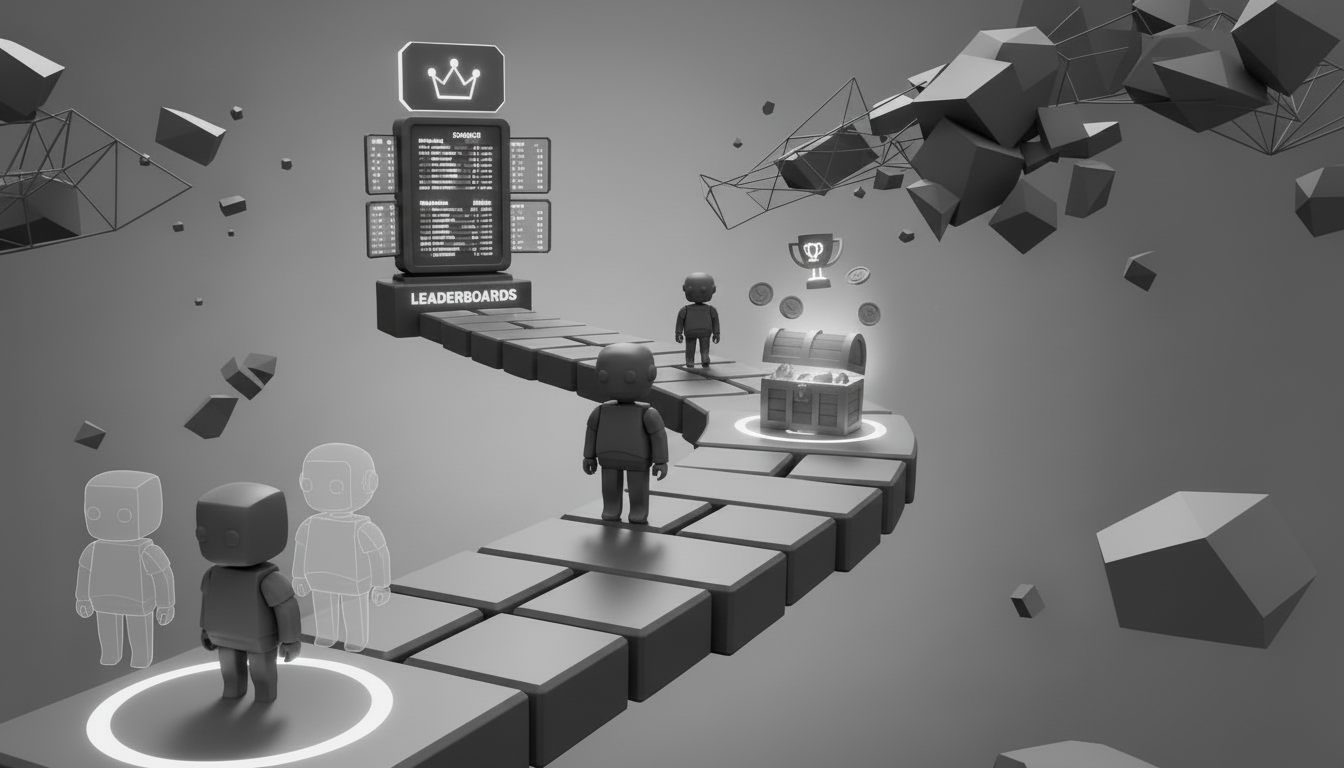
What Are Applied Games? Everything You Need To Know

Josh, a medical student, is performing a heart surgery with stent implantation when he damages the patient’s heart, causing a worst-case scenario. The doctor reassures him and gives him a new patient to try again and improve his skills. This scenario was made possible by applied gaming.
This scenario would never have happened without the invention of applied gaming.
What Are Applied Games?
At their core, applied games combine entertainment elements with real-world simulation, engaging learners in scenarios that replicate how a procedure or skill should be performed. This allows users to gain hands-on experience without dealing with the risks and pressure of real-life situations.
Some key features of applied games include detailed graphics and animations, realistic sound effects, and user feedback mechanisms that allow users to track their performance over time. Overall, applied games are an effective tool for more broadly developing essential skills and knowledge related to the job one has to perform.
Applied Games vs. Gamification
There are many similarities between applied games and gamification, including their focus on entertainment and learning. However, applied games are designed specifically for healthcare training or high-stakes situations, while gamification is often applied more broadly across various settings and industries. Applied games focus on achieving a particular skill, while gamification is more about the reward incentives given by completing the game itself. Additionally, applied games tend to have higher production values with more advanced graphics and animation effects, while gamification tends to be more straightforward in design.

How Do They Work?
Applied games work by combining elements of entertainment with computer simulation to engage learners in real-world scenarios. These games typically have detailed graphics, animations, and realistic sound effects, which help to convey how a team member should perform a procedure or skill accurately. Additionally, applied games often feature user feedback mechanisms that allow users to track their performance over time and get instant feedback on areas for improvement.
Benefits of applied Games
There are many benefits to using applied games in business settings, including increased engagement and motivation, improved learning outcomes, and a low turnover rate. Applied games can help engage employees by appealing to their natural desire for entertainment while providing valuable tools for developing essential skills. Additionally, applied games have improved long-term knowledge retention over other educational methods such as lectures or reading.
What industries Benefit from applied Games
Many industries benefit from applied games, including construction industries, the police force, and corporate training. Applied games are often used in construction to train new hires how to perform with cranes, tow trucks, and larger vehicles. For the police force, recruits can use applied games to simulate what it is like handling an active shooter or a violent criminal with a weapon, creating a more realistic experience when it comes to the street. And in the corporate world, applied games are often used to train employees on new products or procedures, helping them learn new skills more quickly and effectively.
Are you looking to gamify your employees’ experience in the workplace? Explore your options with EMERAUDE ESCAPE
How Can You Use Applied Games?
Employers can use applied games to deliver content interactively and engagingly while facilitating long-term knowledge retention. There are many different ways that you can use applied games to enhance the education, training, and development of your employees. One can use problem-solving simulations, onboarding jeopardy, and emergency preparedness simulations. For example, if you want to enhance your employees’ understanding of complex products or onboarding procedures, you can use applied games involving product demonstrations or virtual simulations. If you have a complex emergency procedure, use a simulator to give employees the right instincts to act during a crisis. Applied gaming can help your employees learn new skills more quickly and effectively while reducing the risk of real-world errors.
By incorporating elements of entertainment and play into training activities, applied games can help keep your employees motivated and excited about their work.
Related: Immersive experience, a lever to attract and retain talent

Best Practices for applied Games
There are Some key considerations when introducing applied games to employees. These include making games engaging and interactive, focusing on one objective throughout the process, staying relevant to the current times, and making it a memorable experience.
Related: Why An Escape Game Is the Perfect Team Building Exercise
Focus on One Objective
It is important to focus on one specific objective when using applied games for educational or training purposes—having too many objectives hinders the learning retention of the employee, defeating the purpose of applied games. Focusing on one goal can help ensure that the game effectively supports learning outcomes related to your chosen topic or skill. Other key considerations include matching the game’s difficulty level to the targeted audience and providing clear instructions and guidance throughout the game.
Stay Relevant
It is important to be up to date with the latest trends in applied games and the concept of gamification. Doing this puts you ahead of the game from all other companies, and can help you take advantage of new developments and technologies that can enhance employee learning experience.
Want to know the latest trends in digital corporate games? Sign up to Emeraude Escape’s newsletter today!
Make It Memorable
In order to make applied games as effective and impactful as possible, it is essential to ensure that they are memorable and engaging. This means incorporating visual elements, and interactive activities, using funny quirks in your game design, and using clear instructions and helpful feedback throughout the learning process. Making a game memorable is how employees learn and retain all useful information from the applied game.
Consider Outsourcing
If you or your company are new to applied games or don’t have the time or resources to create your own, it may be worthwhile to consider outsourcing development to a third-party provider. Third parties specializing in applied gaming can help ensure that your applied game is well-designed and effectively supports learning outcomes for your employees while also saving time and resources to focus on other aspects of your business. With the right provider, you are sure to find the right applied games solution for your needs.
Consider taking your employees on an interactive learning experience.
Take Advantage of Applied Games
Whether in the healthcare industry or another field that relies on simulation education and training, applied games can help you achieve your learning objectives engagingly and effectively. With their focus on one objective at a time, staying relevant to your field, making them memorable for learners, and simplifying the outsourcing process, serious games are a powerful tool that more and more organizations are taking advantage of. So if you’re ready to elevate the learning experience with applied games, start exploring this growing trend today!
Discover


Book A Demo
Get a personalized demonstration by one of our game design experts.


